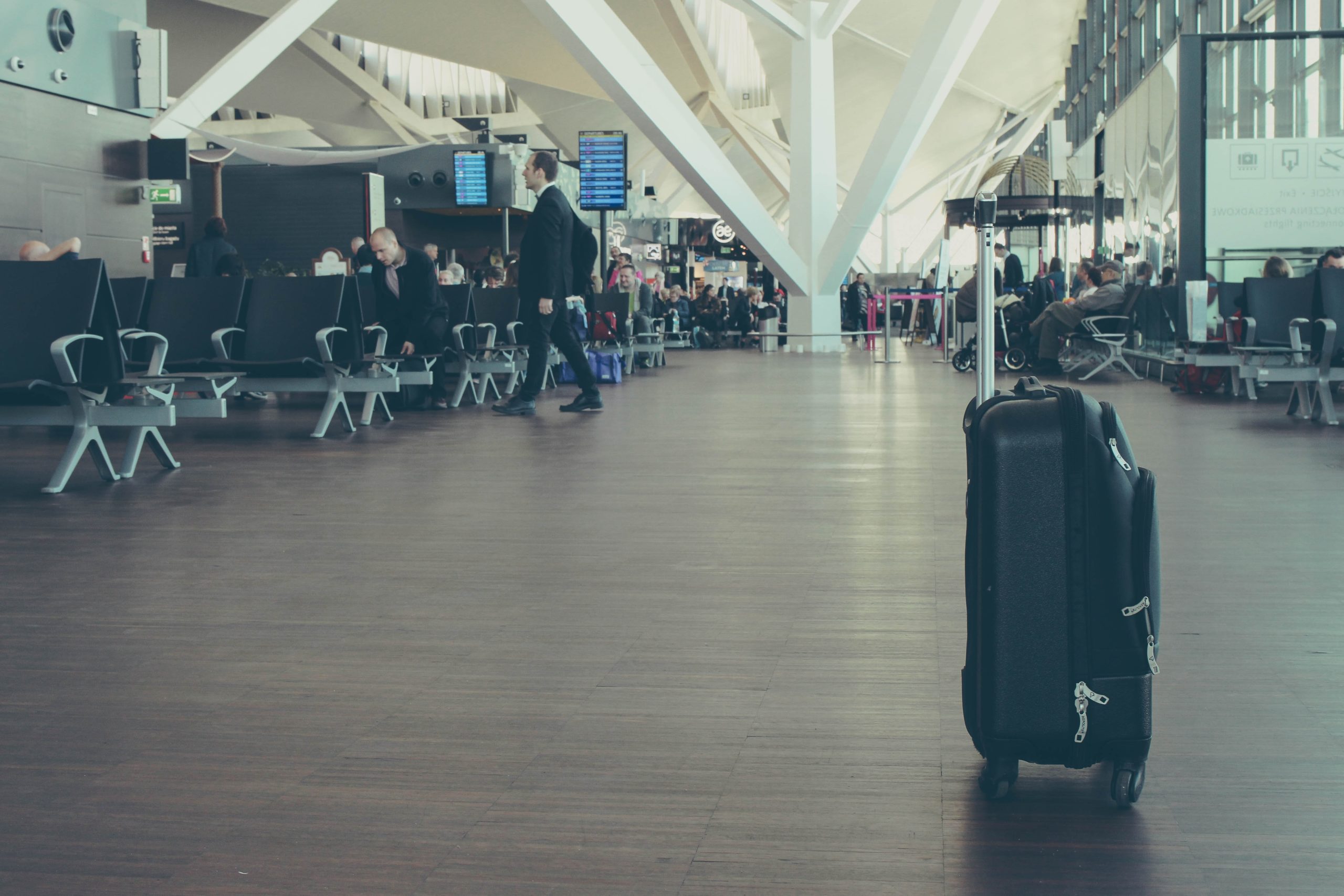The Impact of Travel on Mental Health

Even with the economic difficulties and common attitudes of society, travel has always been looked upon as the cure for daily tedium and routine. For the ancients, it was about seeking out new lands, new people, and new places; for the modern tourist, it is much the same. Over the years, several researches have been carried out revealing how traveling greatly impacts positively the mental health of people. This article goes further than simple flights of fancy in exploring the possibilities for the promotion of psychological well-being, through travel.
The Psychological Escape
The first and probably the most evident of the importance of travel is the psychological relief it provides from stress. Things such as work, house chores, or any other responsibilities that are expected to be done daily may cause stress. Thus, travel takes people out of these everyday paradigms, and they can rest their mental capacitors. It can be less stressful and quite relaxing to break away from such an environment, just as sick people are relieved when they get out of their homes.
When people travel, they choose to do the things that they like to do and can hardly find time for in ordinary life, for instance, hiking, swimming, etc, or just strolling. Partaking in these activities will lead to the production of serotonin which is a mood booster. More so, it is a new environment that could provoke the brain in such a way that one gets to clear their head and come up with new ideas.
Enhancing Emotional Resilience
Similarly to the previous explanation, traveling, especially to other countries entails people coping with new circumstances that are sometimes quite demanding. Issues that one may encounter may include; Navigating unfamiliar public transportation systems in a country one has never been to before, language barriers, or the new time zone. Nonetheless, these difficulties can also improve the levels of emotional coping skills. Despite the challenges that are involved in traveling, this boosts one’s self-confidence and self-efficiency as one can seek help and solve issues that they encounter on their own.
In addition, it can be stressed that traveling is rather useful as it helps to master patience and flexibility. There are bound to be changes made along the way, or something will not turn out the way it was expected; travelers have to expect disappointments. This ability to change helps one handle different situations in life, referring to stress, adversity, and general events, thereby changing the probability of living a positive life.
Breaking Negative Thought Patterns
It is often possible to stagnate in routine and get used to having adverse thoughts and behaving in the same detrimental way. This implies that with travel, the patterns get disrupted because one is operating in a different, unfamiliar environment for most of the time. Starting a new journey can prove to be very useful as one gets out of their comfort zone and gets to see things in a different light.
For instance, going out sightseeing, tasting the culture’s new kind of food, and engaging with traditions brings satisfaction to whoever takes part in it. They can eliminate hopeless or despairing feelings and replace them with curiosity and fun.
Encouraging Physical Activity
People exercise during a trip either by exploring a city on foot, going on a hike in the countryside, or engaging in sports activities. When it comes to physical activities, Vogacci is a great brand making the best quality clothes for traveling and other activities. The present generation understands that regular exercise serves a myriad of purposes regarding mental health as it helps bring into effect the symptoms of depression and anxiety and enhances moods alongside cognitive functioning.
Weight training exercises or any activity that involves the use of the muscular strength of the body together with areas such as the beach, mountains, or the forest may go well. Proximity to nature diminishes stress and results in a lack of mental distress. The effect of natural light and away from computer screens have been found to reduce the Cortisol hormone level which is a stress-inducing hormone, and improve the mood.
Conclusion
Travel plays a very important role in shaping the state of human mental health. Travel not only provides psychological relief and fosters perspective change but also contributes to the strengthening of consumers’ emotional resources and improvement of their affect regulation in general. In essence, people’s shift from their comfort zone enables them to attain better mental health thus enhancing their happiness, satisfaction, and overall well-being in life.
Given contemporary globalization, the chance to visit other countries and embrace their customs is broader than ever before. Whether one is taking a weekend trip or a two-week trip to another country, there is no doubt that traveling is good for the soul. We often hear the phrase: return from the trip and become a richer person, literally and metaphorically speaking, traveling makes the person healthier, wholesome, and enriched.



